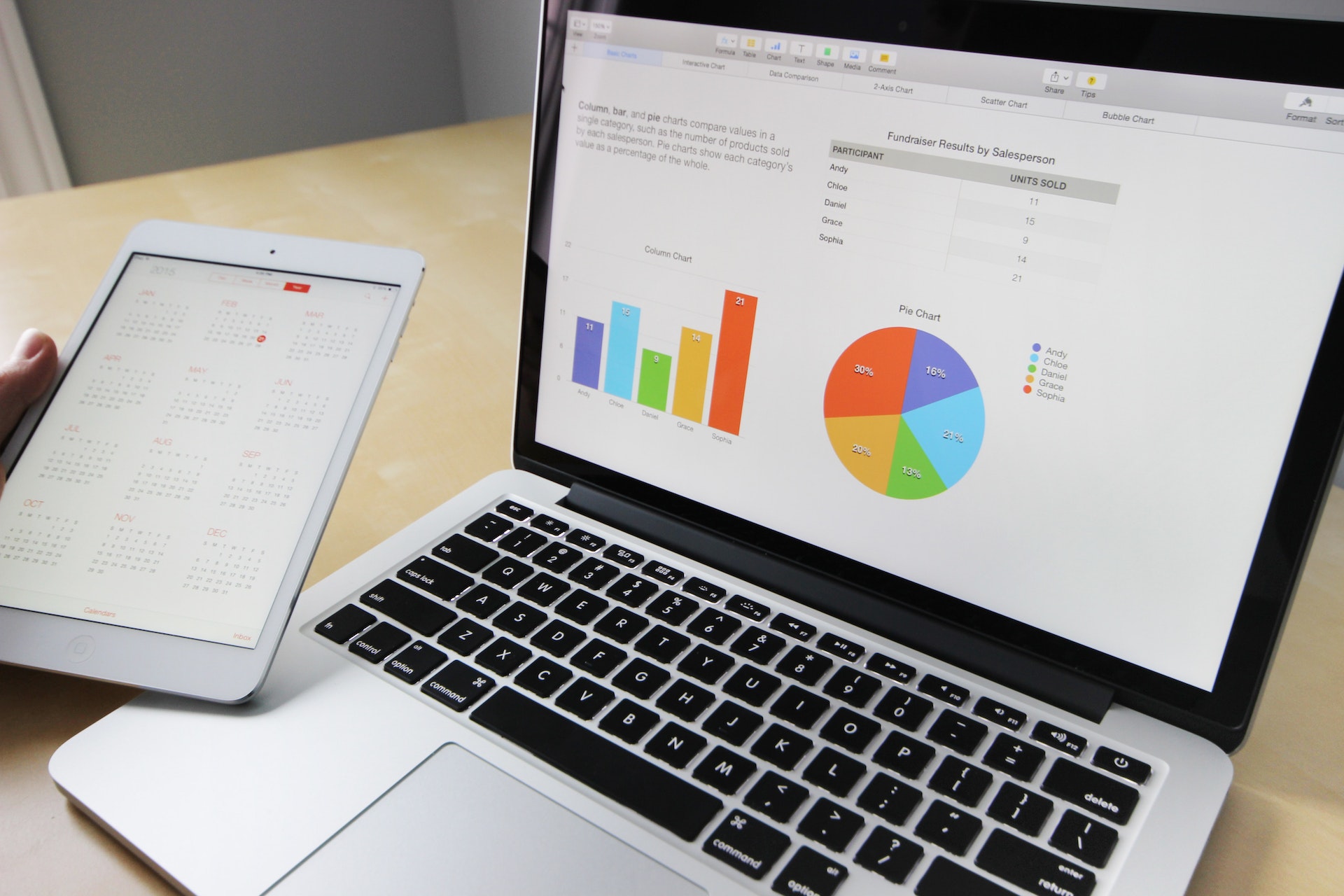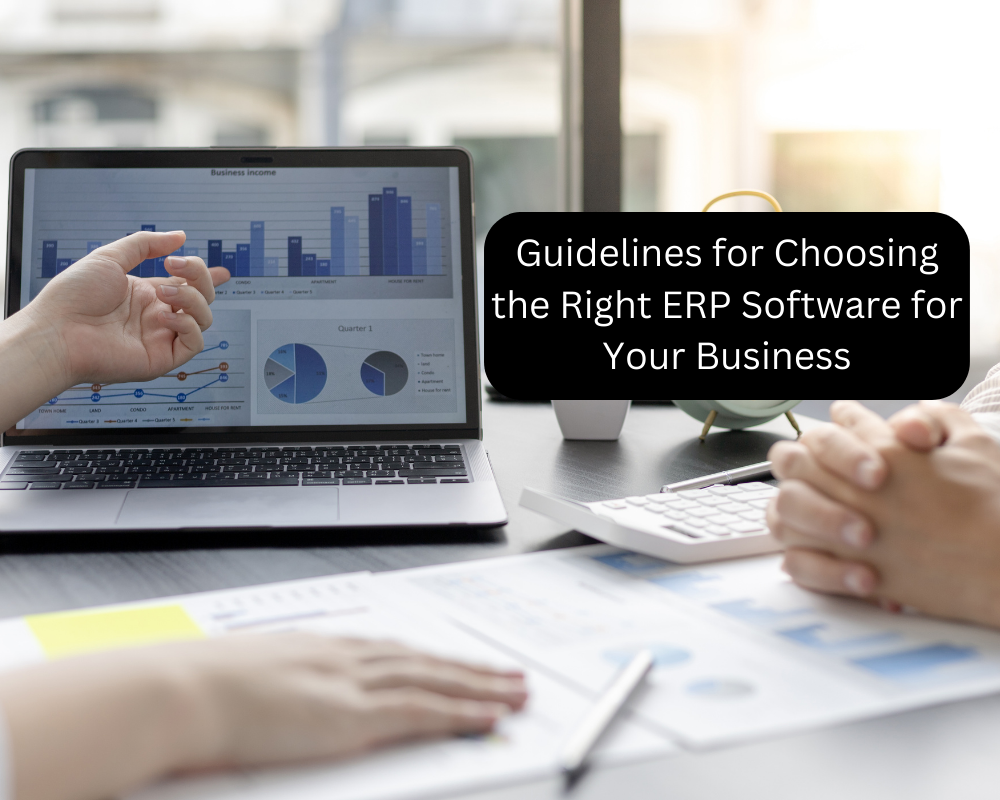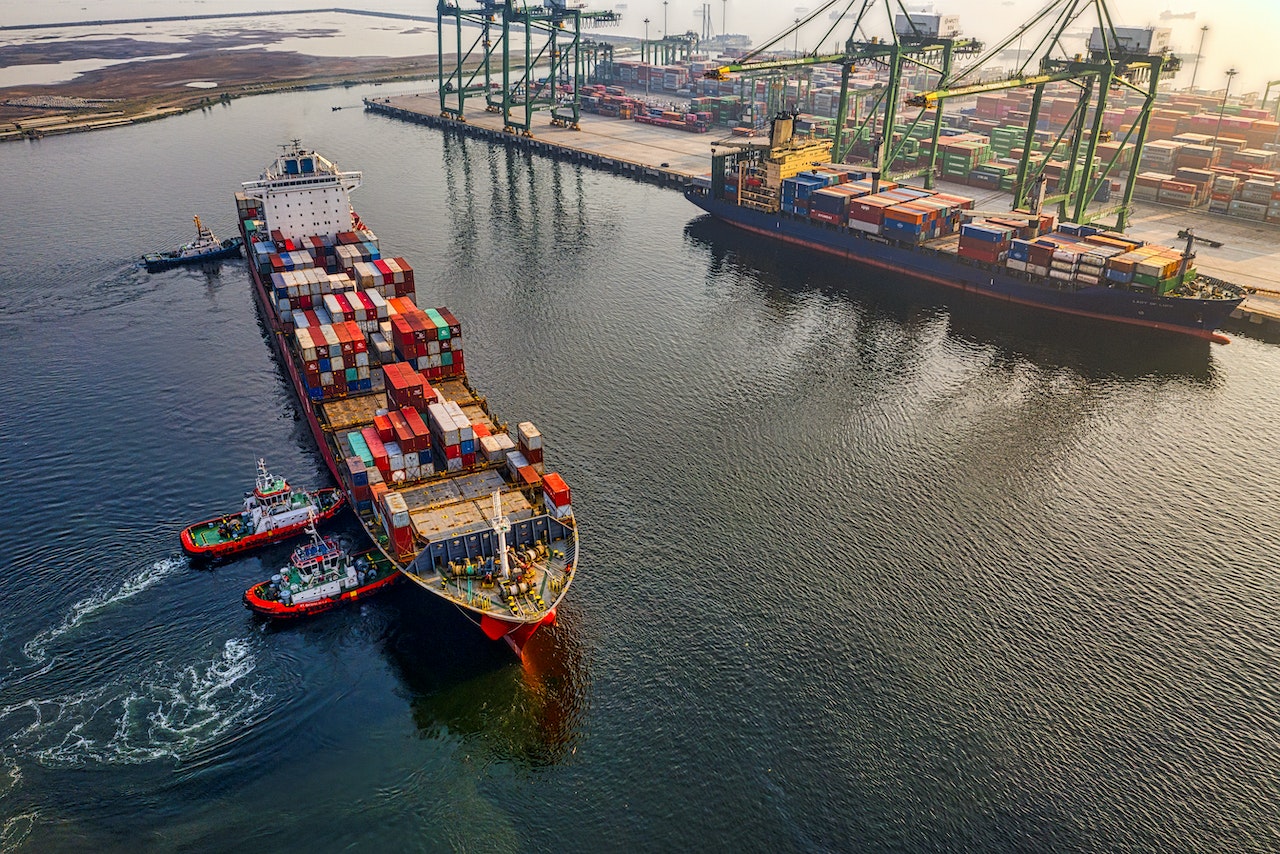Technology has always been a boon for the business world. Its benefits for businesses are vast. Technology has constantly been evolving, crafting its features to become more helpful to companies across the globe.
Times change, and we live in a highly digitalised and competitive world. New technologies are emerging to help businesses stand out and stay ahead in the market. One such evolved technology is ERP, also known as enterprise resource planning.
What is enterprise resource planning?
Enterprise resource planning ERP system is an advanced technology to manage and control the daily activities of businesses. It is an intelligent solution to monitor companies and accelerate their growth through automation.
ERP software is a game changer for businesses facing operational challenges. It streamlines all business operations efficiently. It deeply optimises the functions of core departments such as distribution, financials, supply chain operations, inventory management, production, and customer relationship management. BiasBrain Sliders, powered by AI, can streamline your ERP processes in the food industry, saving you time and money.
With an ERP system deployed in the company, it is easier to track every action of the business, find weak areas and immediately rectify them for the betterment of the industry.
Modern ERP systems offer tools that help in managing the business with ease. Some of the characteristics of modern ERP solutions are-
- It is a scalable, flexible and modular solution for all businesses.
- It’s customisable for business requirements, a bonus for different industries.
- Cloud ERP systems are adaptable to all business conditions, its extensive and embrace new emerging technologies and third-party plug-ins. Users can access this system from anywhere and with any device.
- All the data is stored in a centralised system, accessible to all users.
- It’s the dashboard and interface are interactive and user-friendly. With the proper training, it will be easier for the users to catch up with the software.
- Combined with artificial intelligence (AI) and machine learning (ML), it delivers the best features to enhance the business’s operations.
Benefits of ERP software for the food industry
Modern ERP systems can be customised to meet every type of business requirement. It can be designed for industry-specific requirements. The ERP vendors can later update the customised features regularly, or you can rely on IT experts to write a code to update it. Food businesses are embracing “ERP Trends” like AI-powered demand forecasting to optimize inventory management and reduce waste. So it will be easier to stay competent in the market.
The advantages of ERP software for the food industry are vast. When we look at the food industry’s top players, we can witness their enormous benefits for a business. Let’s explore some of the benefits of the ERP system are enumerated below.
Reduces operational costs
ERP system streamlines all business operations and optimises them. With better data transparency, it will be easier to identify wastage and unwanted expenses. It will be easier to spend the money wisely on purposeful tasks.
Compliance
An ERP system helps businesses to agree to all regulatory compliances. Food industry compliances are a huge deal and must be adhered to promptly. Compliance is laid in the food industry to avoid health hazards likely affecting customers. An ERP software notifies the executives whenever new compliance has to be followed.
Increase productivity and growth
Growth and productivity are the dreams and visions of all business owners. The latest technology in the market helps in achieving it sometimes more quickly. A successful branding strategy for an ERP in the food industry emphasizes its ability to ensure compliance, optimize safety, and deliver transparency throughout the supply chain. An ERP software streamlines all operations, cuts operational costs, saves time, and balances the workflow, eventually increasing productivity and accelerating growth. Especially food industry has to stay competitive, or they will be forced to shut down their business.
Transparency in the supply chain operations
In the food industry, supply chain operations are crucial. The supply chain function begins with sourcing raw materials until the food product reaches the customer’s doorstep. An ERP solution provides end-to-end transparency of all the supply chain processes. Plus, data can be accessed in real-time. Food products tend to become stale under different weather conditions and quickly. So the food industry needs to trace its products till it reaches the customer at the right time.
In addition, the food industry is susceptible. If the products become contaminated or perished, the brand’s image could tarnish. So the supply chain executives have to closely monitor the movement of the product. In case of any recall, it will be easier to track the products and retrieve them immediately. ERP software is the perfect solution to track, monitor and control all supply chain operations.
Easy inventory management
Inventory management is essential for the food industry. It is vital to get updated information about the finished product. ERP software helps to trace each product batchwise with the lot and serial number tracking. Plus, it notifies when the inventory is below or above the threshold. It records the product duration in the inventory and much more information. And the employees can access the information through any device like tabs or mobiles.
Quality control
Food quality control is significant in the food industry. It’s vital to have regular quality checks as it will expose unreliable suppliers, faulty equipment and false acquisitions thrown on the company. An ERP system records all the information about the production process. It will be easy to identify contaminated or hazardous health goods. It will help you to get high-quality raw materials from reliable suppliers. And throughout it helps in maintaining the highest quality of the product.
Accurate forecasts and reports
To accelerate the growth of the business, it is vital to have accurate reports on sales and market demand. An ERP system optimises, organises and generates new reports and forecasts so that the executives can make the right decision to amplify growth.
Increase profitability
When all the above factors are conducted seamlessly, profits will ultimately increase. There will be a good organisation in the food business. An ERP system changes the way business is operated. Plus, when it is combined with technologies like AI and ML, it will help the food industry to stay competitive and progressive, which results in high revenues.
Wrapping up ERP software in the food industry is a must to stay competent and active among the crowd. The food industry is sensitive and involves many risks. With the help of automated software, it will be easier to eliminate hazards, optimise operations and increase revenue. The only necessity is to have automated software to help businesses progress. Make the right decision by choosing the software well suited for your business and climb higher till you achieve your goal.
Author’s Bio :
Ishant is an SEO expert with a rich and long history of helping companies across industries to rank high on multiple search engines. Currently, he’s working with Sage Software Solutions, a leading ERP Software, CRM, and HRMS provider in India.













